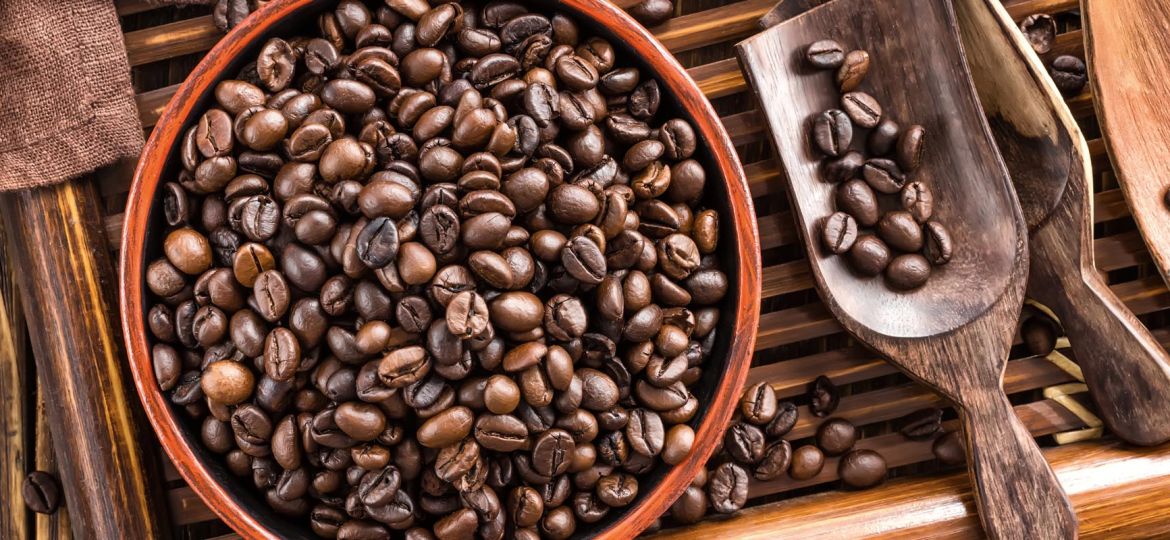
Understanding the shelf life of coffee beans is crucial for anyone looking to enjoy a premium coffee experience. Freshness plays a pivotal role in the flavor and aroma of your brew, making the exploration of coffee bean expiration an essential topic for enthusiasts and casual drinkers alike.
Factors such as storage conditions, roast type, and whether the coffee is sold as whole beans or pre-ground significantly influence how long your coffee maintains its optimal taste and freshness.
The Basics of Coffee Bean Freshness
Freshness in coffee beans is determined by their ability to retain essential oils and aromatic compounds that contribute to their flavor profile. However, the concept of ‘expiration’ for coffee beans differs from perishable food items. Coffee beans don’t spoil in the way dairy products do but rather lose their vibrancy and flavor over time. The roasting process is critical in this context; it initiates a countdown to staleness.
Light and dark roasts offer different shelf lives due to the extent of the roasting process. Light roasts, being less processed, retain more of the beans’ original characteristics and can maintain their freshness a bit longer than dark roasts, which may lose their peak flavor more rapidly due to the oils being more exposed.
Whole Beans vs. Ground Coffee: A Comparison
The form in which you purchase and store your coffee—whole beans or ground—has a significant impact on its shelf life and freshness. Grinding coffee beans increases their surface area, accelerating the oxidation process and leading to a faster loss of flavor and aroma.
Thus, whole beans, which are less exposed to air and moisture, have a longer shelf life compared to their ground counterparts. The benefits of whole beans extend beyond longevity; they also allow for a fresher tasting cup of coffee, as grinding right before brewing captures the full spectrum of flavors and aromas intended by the roaster. This makes whole bean coffee a preferable choice for those seeking to maximize the quality and enjoyment of their coffee.
Factors Affecting Coffee Bean Shelf Life
Storage Conditions and Their Impact
Proper storage is essential for maintaining the freshness and extending the shelf life of coffee beans. Airtight containers are crucial as they prevent the beans from being exposed to oxygen, which accelerates the staling process. Additionally, storing coffee in a cool, dark place protects it from the detrimental effects of light and heat, which can degrade the beans’ flavor and aroma over time. The debate around freezing coffee beans centers on the potential for condensation to affect the beans’ quality.
However, if done correctly—by using airtight containers and ensuring the beans are completely dry before freezing—this method can preserve the beans’ freshness for an extended period. Best practices recommend freezing beans in small batches for future use without compromising their quality.
Understanding Roast Types and Their Shelf Lives
The roast type of coffee beans significantly influences their shelf life and flavor profile. Light roasts, with their minimal processing, tend to retain more of the beans’ original characteristics and can stay fresh longer than darker roasts. Medium roasts strike a balance, offering a fuller flavor while maintaining a reasonable shelf life.
Dark roasts, though full-bodied and less acidic, may lose their peak flavors more swiftly due to the oils being more exposed to the surface, where they can oxidize. Each roast type offers a unique experience, and understanding these differences allows consumers to select coffee that aligns with their preferences for both taste and longevity.
Signs That Your Coffee Beans Have Gone Bad
Identifying stale or spoiled coffee beans involves paying attention to visual, olfactory, and taste indicators. Beans that appear dull, have lost their sheen, or show signs of mold should be discarded. A noticeable decline in the aromatic qualities of the coffee or an off smell are clear indicators of staleness.
When brewed, coffee that tastes flat, excessively bitter, or sour suggests that the beans have passed their prime. While old coffee beans are not typically harmful to consume, they offer a subpar coffee experience. It’s important to discard beans if there are any signs of mold or an unusual smell, as these could pose health risks.
FAQs
- How long can you keep coffee beans before they lose their flavor? Coffee beans can maintain their flavor for several weeks after roasting if stored properly. However, for optimal freshness, it’s recommended to use them within one month of the roast date. The exact time frame can vary based on storage conditions and bean type.
- Can expired coffee beans make you sick? While stale coffee beans can lead to a less desirable cup, they are unlikely to make you sick unless they show signs of mold or an unusual odor. If the beans are simply old but not spoiled, they can still be brewed, albeit with diminished flavor.
- Does the packaging affect coffee bean freshness? Yes, packaging plays a significant role in maintaining coffee bean freshness. Vacuum-sealed bags with one-way valves are ideal as they allow gases to escape without letting air in. Once opened, transferring beans to an airtight container is crucial for preserving their freshness.
- Can you revive stale coffee beans? There is no way to completely restore the freshness of stale coffee beans. However, using them in applications where fine nuances of flavor are less critical, such as in baking or making cold brew, can make the most of their remaining qualities.
Maximizing Your Coffee’s Freshness
Ensuring the freshness of coffee beans is essential for enjoying the best possible cup of coffee. Proper storage in airtight containers, away from light and heat, is crucial. Freezing beans in small, usable portions can extend their shelf life without sacrificing quality.
Choosing the right roast and understanding its impact on shelf life allows consumers to make informed decisions aligned with their taste preferences and consumption habits. By adhering to these practices, coffee lovers can maximize the freshness and flavor of their beans, ensuring a superior coffee experience with every brew.









